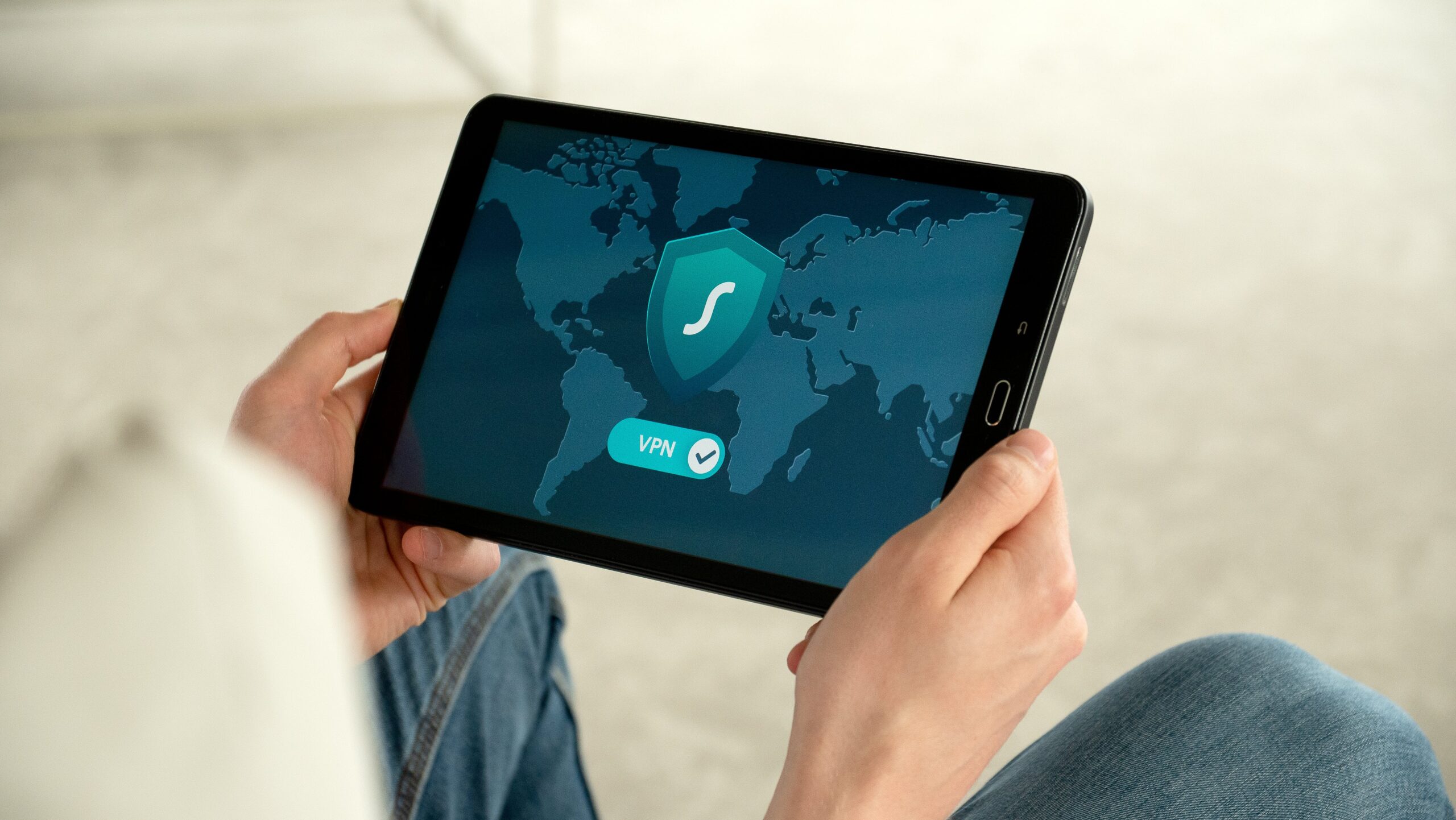
Can Drinking Hot Water Shrink Fibroids?

One of the women I know is depressed, childless, and has a slight symptom of heavy monthly bleeding. She consulted a gynecologist, who diagnosed her problems. After doing a pelvic ultrasound, the doctor discovered a little fibroid in the patient’s uterine inner wall. This news deeply upsets my female pal. I also looked for her treatment, such as a herbal medicine for fibroid reduction. I made the decision to put this essay in writing.
Leiomyomas, another name for uterine fibroids, are non-cancerous growths that form inside the uterus. There are a few frequent myths regarding their care, despite the fact that they are widespread and afflict many women during their reproductive years.
Hot Water: A Natural Remedy for Shrinking Fibroids?
Regularly consuming hot water is known as “hot water therapy,” which helps reduce fibroids. It is thought that this natural treatment functions by boosting blood flow to the uterus, which aids in the fibroids’ disintegration. Furthermore, the uterine muscles can be relaxed by hot water, which lessens the discomfort and cramping brought on by fibroids.
Natural Approaches
1.1 Diet and Nutrition
While diet alone won’t dramatically shrink fibroids, certain dietary choices can play a role in preventing their growth and managing symptoms:
- Fruits and Vegetables: Incorporate leafy greens, citrus fruits, and colorful vegetables into your meals. These foods provide essential nutrients and antioxidants.
- Lean Proteins: Opt for lean meats like chicken and fish. These protein sources are beneficial for overall health.
- Legumes: Beans, peas, and lentils are rich in fiber and can contribute to hormonal balance.
- Fatty Fish: Omega-3 fatty acids found in fish like salmon and mackerel may help reduce inflammation.
Remember that no single food will magically shrink fibroids, but a balanced diet supports overall well-being.
1.2 Myth Debunked: Drinking Hot Water
One persistent myth suggests that drinking hot water can directly shrink fibroids. However, there is no scientific evidence to support this claim. While applying heat to the lower abdomen may provide temporary pain relief, it does not impact fibroid size or growth.
2. Medical Interventions
2.1 Prescription Medications
For symptomatic relief, healthcare providers may prescribe medications to manage fibroids:
- Gonadotropin-Releasing Hormone (GnRH) Agonists: These drugs temporarily shrink fibroids by suppressing estrogen production. They are useful for reducing heavy bleeding and pain.
- Progestin-Releasing Intrauterine Device (IUD): An IUD that releases progestin can help control bleeding and reduce fibroid size.
- Tranexamic Acid: This medication helps manage heavy menstrual bleeding associated with fibroids.
2.2 Surgical Options
When conservative approaches aren’t effective, surgical interventions may be necessary:
- Uterine Artery Embolization (UAE): A minimally invasive procedure that blocks blood flow to fibroids, causing them to shrink.
- Myomectomy: Surgical removal of fibroids while preserving the uterus.
- Hysterectomy: removal of the entire uterus. This option is typically considered when other treatments fail or when fibroids cause severe symptoms.













